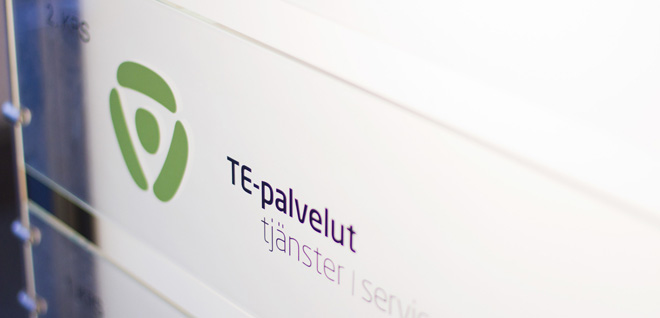Results of the basic income experiment: small employment effects, better perceived economic security and mental wellbeing

The employment effects of the basic income experiment were small and their interpretation is complicated by the introduction of the activation model in 2018. The evaluation of employment effects of the experiment was carried out by VATT.

The evaluation of a two-year basic income experiment carried out in Finland in 2017-2018 is now available. In accordance with the preliminary plan for the evaluation, the employment effects of the basic income experiment were measured for the period from November 2017 to October 2018. The employment rate for basic income recipients improved slightly more during this period than for the control group. During the reference period, the basic income increased the number of days of employment by 6 days and the basic income recipients were employed for 78 days on average.
However, the adoption of the activation model in early 2018 and the introduction of more stringent entitlement criteria asymmetrically in the two groups complicates interpretation of the effects of the experiment.
- The effects of the second year of the experiment cannot be separated from the effects of the activation model, says Kari Hämäläinen, Chief Researcher at the VATT Institute for Economic Research.
During the first year of the experiment, when the activation model had not yet been introduced, the basic income did not have any employment effects for the basic income recipients at group level. However, the effect of basic income seems to differ slightly between different groups: for instance for families with children who received a basic income, employment rates improved during both years of the experiment. The results for different groups are still uncertain due to the small number of observations and the number of tests.
- All in all, the employment effects were small. This indicates that for some people who receive unemployment benefits from Kela the problems related to finding employment are not related to bureaucracy or financial incentives, says Hämäläinen.
Kela (the Social Insurance Institution of Finland) also evaluated the effects of the basic income experiment on wellbeing through a survey and interviews with 81 basic income recipients. Survey respondents who received basic income described their wellbeing more positively than respondents in the control group. They were more satisfied with their lives and experienced less mental strain, depression, sadness and loneliness. They also had a more positive perception of their cognitive abilities, i.e. memory, learning and ability to concentrate. The interviews highlight the diverse effects of the experiment and the differences in the basic income recipients’ starting points and situations in life.
The first nationwide, statutory and randomised basic income experiment in the world
The Finnish basic income experiment was the world’s first basic income experiment that was nationwide, statutory and based on a randomised field experiment. Participation in the experiment was not voluntary, which means that it is possible to draw more reliable conclusions from the effects of the experiment than from other experiments, which are based on voluntary participation.
In the basic income experiment, the 2,000 unemployed participants were paid a monthly tax-exempt basic income of 560 euros regardless of any other income they may have had or whether they were actively looking for work. The basic income recipients were selected through random sampling among those who received an unemployment benefit from Kela in November 2016. The control group consisted of those who received an unemployment benefit from Kela in November 2016 but were not selected for the experiment.
The experiment began on 1 January 2017 and ended on 31 December 2018. The decision to conduct the experiment was made by the Government of the then Prime Minister Juha Sipilä. The aim was to study how the Finnish social security system could be reshaped to better meet the challenges posed by changes in working life. The experiment was implemented by Kela (the Social Insurance Institution of Finland).
The results of the basic income experiment will be published in an online broadcast on 6 May at 13.00-15.00 (Finnish time). You can watch the online broadcast and the recording of the broadcast here.
Final report
Olli Kangas, Signe Jauhiainen, Miska Simanainen ja Minna Ylikännö (toim.) Suomen perustulokokeilun arviointi. Sosiaali- ja terveysministeriön raportteja ja muistioita 2020:15. URN:ISBN:978-952-00-9890-2
Jouko Verho
Kari Hämäläinen
Income distribution and inequality
Labour markets
Labour markets and education
News
News item
Social security
Social security, taxation and inequality
Uutiset ja tiedotteet
basic income
employment
randomized field experiment
social benefits
unemployment
unemployment benefit

